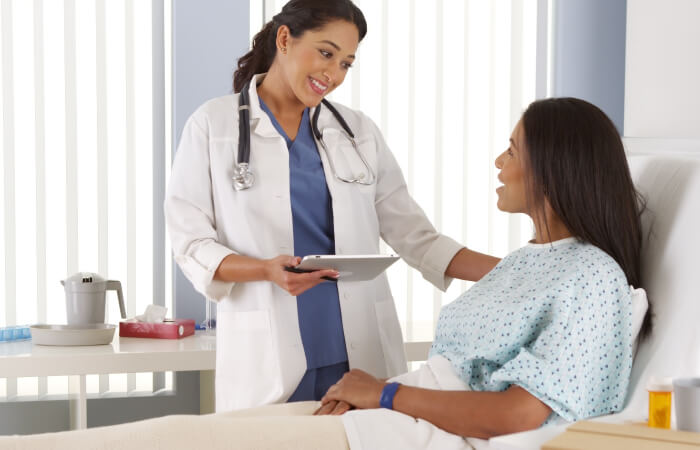Patient Centered Care
HSHS St. Mary's Hospital in Decatur creates a healing environment that combines technology and patient-centered care to provide region leading, high-quality medicine.


We offer state-of-the-art technologies to provide specialty services in cardiac care, surgery, medical imaging, laboratory, emergency medicine, just to name a few. We provide all private rooms, efficiently designed clinical areas that allow nurses to spend more time with their patients at the bedside. Our priority is to offer our patients the highest quality care in a comfortable and healing setting.
We offer a comprehensive approach for all your health needs, from screening and diagnosis to treatment and follow-up support. Our team will support you every step of the way should you need additional imaging, treatment or surgery.